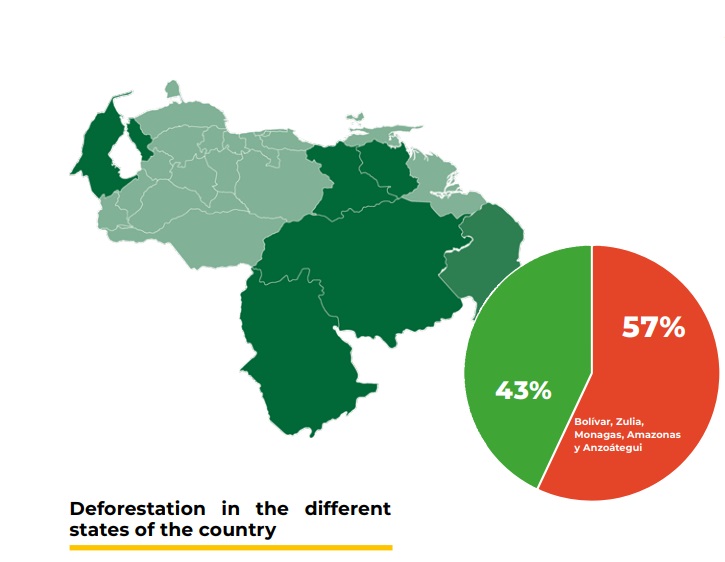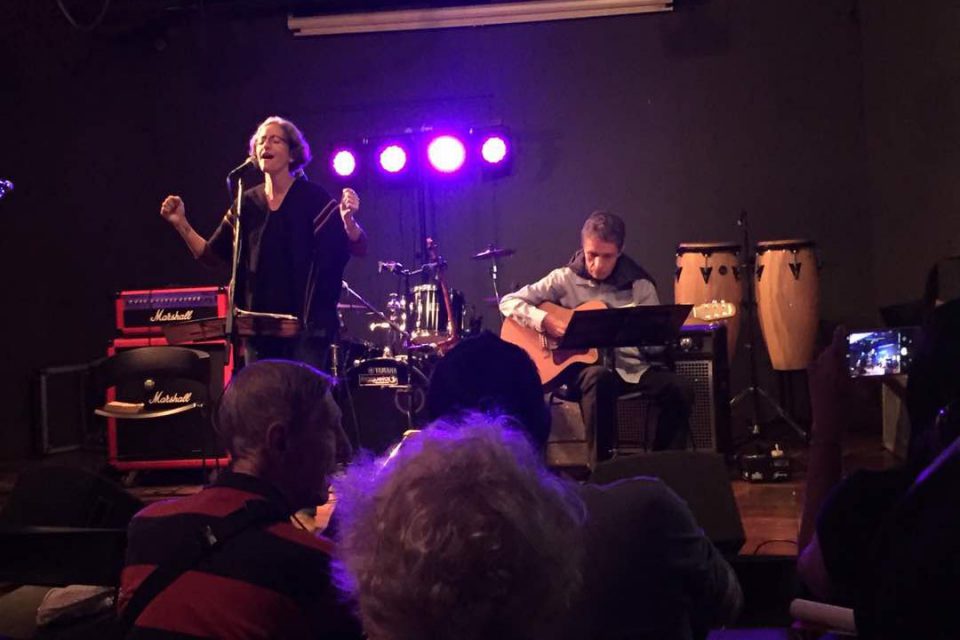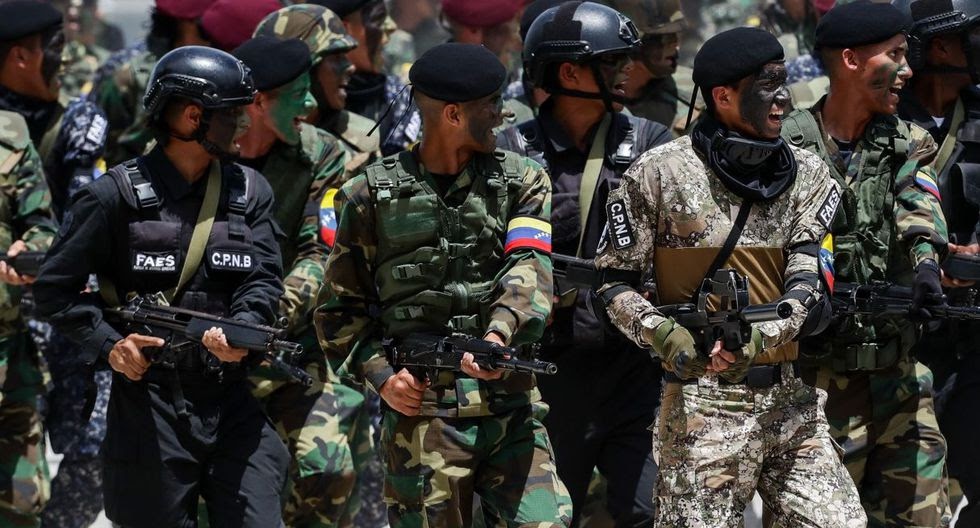The events that recently took place around the National Assembly can be read as part of the attacks by the government of Nicolás Maduro against the independent social actors of the country, under the strategy described by César Rodríguez and Krizna Gómez in their text “Encarar el desafío populista” (Facing the populist challenge): The undermining of two of its fundamental pillars: Its effectiveness and legitimacy.
These two researchers have documented the attacks against human rights defenders in different parts of the world under populist governments and movements. They have found similar patterns in countries such as the United States, Hungary, Russia, the Philippines, India, and Venezuela, which could not be grouped under the outdated left versus right perspective: “populist governments have been learning from each other – they claim – to the point that identical attacks have been made in countries of different regions.”
A political or social actor’s actions are grounded to the achievement of objectives, their effectiveness, the assessment of the rest of the actors and their support bases, and their legitimacy. In the case of the National Assembly, composed mainly by members of the opposition, the attacks that began in December 2015 until the zenith of January 5, 2020, could be summarized as an attempt to erode its effectiveness and legitimacy. This is the result of the powerful message that was sent that December: for the first time in an unquestionable way, the antagonists of Bolivarianism became, with a two million votes lead, the electoral and social majority of the country. On December 11, Venezuela perceived that change in the country was a matter of time, through political and electoral participation mechanisms. This encouraged Nicolás Maduro to abandon the democratic simulation and transform his government into a 21st-century dictatorship. Reversing what had happened, at all costs, not only had the symbolic and political component of the exercise of absolute power. As provided in the Constitution, approved by Hugo Chavez himself in 1999, any contract with a third party must have the approval of the parliamentary majority. The deepening of the complex humanitarian emergency and the individual and financial sanctions against Venezuela impacted on the possibility of obtaining new financing due to this veto.
The first major attack against the effectiveness of the National Assembly was the qualification of “in contempt” issued by the Supreme Tribunal of Justice (TSJ), controlled by the executive power, despite the formal efforts of the deputies, regarding the election of parliamentarians of the state of Amazonas. Then, the budgetary strangling, the constant sieges of chavismo forces – both armed civilians and police and military forces – at the sessions, the neutralization of the most charismatic parliamentarians through persecution and exile, the information blockade by the state communicational hegemony, the repeated adverse decisions of the TSJ against the acts of the Assembly, and finally the irregular creation of a parallel body, the National Constituent Assembly, that sacrificed the last positive symbolic value that chavismo had left: The Constitution of 1999, came. At the same time, the frontlines of the attack on their legitimacy were deployed, both as an independent institutional power and over its members. The first was the mass withdrawal of the parliamentarians from the ruling party, giving place to the version that the National Assembly only represented a sector of the country where decisions were taken elsewhere in the world. Next, conditions were created for deputies to join the fabulous chavista machinery of corruption and embezzlement, with or without their resistance, only to be condemned by public opinion afterward. We must also include the efforts of the ruling party to enlarge the internal contradictions of the opposition, which have included the use of bots to over-represent opinion trends in social networks
This scenario had an additional ingredient after the fraudulent presidential election of May 2018 and the transformation of Nicolás Maduro, on January 10, 2019, into a de facto president. Juan Guaidó managed to circumstantially mend the crisis of political representation of the opposition, both internationally and locally. The support of fifty countries and the massive simultaneous mobilizations in more than 25 places in Venezuela during January and February 2019 made the ruling party focus its efforts into eroding the effectiveness and legitimacy of Guaidó himself. Although the impact of Guaidó‘s mistakes and improvisations in the announced “cease of usurpation” is debatable, the truth is that he not only unified most of the country’s democratic masses during the first months of last year but also became the target of the attacks of the authoritarianism.
By questioning Guaidó’s role as president of the National Assembly – which generates more international and institutional support than that of “president in charge”, although one is a consequence of the other -, Maduro tries to implode his legitimacy. By imposing a board of directors without him, which simulates opposition and is close to Miraflores’ wishes, Maduro targets his effectiveness. Following the reasoning in terms of efficiency and legitimacy, the authoritarians can pay a high political cost in the very short term, counterbalanced by the release of political prisoners and, especially, by the call for parliamentary elections at a time when citizens distrust the possibility of an institutional solution to the Venezuelan crisis.
The greatly uncertain political scenario has mutated with the existence of three National Assemblies in the country, including the National Constituent Assembly. The only certainty thus far is the worsening of the economic crisis and the forced exile of Venezuelans who cannot keep pace within the nascent dollarized economy of the country. Every group, especially the political leadership, will have to think about how to remain effective and legitimate in these circumstances while keeping decisions and strategies as the result of the greatest consensus and consultation possible. Although we are still finding a way to be more effective, facing a dictatorship has taught a lesson to everyone, and the absence of partial or total victories will not make a dent in our legitimacy but increase it.
A final comment with a historical allegory: Peru under dictatorship, July 2000. Did it make sense to dedicate the same efforts to question the figure of Alejandro Toledo and that of Alberto Fujimori then? Was it effective – for those who wished to return to democracy – to attack the call for the mobilization of the “Cuatro Suyos” (Four Regions), led by who would eventually become president of Peru, because one did not share his political identity? In the context of extreme authoritarianism, serious violations of human rights, and institutional failure, was the slogan “Neither Fujimori nor Toledo” relevant, even if a crystal ball would have revealed to us the destiny of the Peruvian economist and politician?
(*) General Coordinator, The Venezuelan Education-Action Program on Human Rights (PROVEA).




